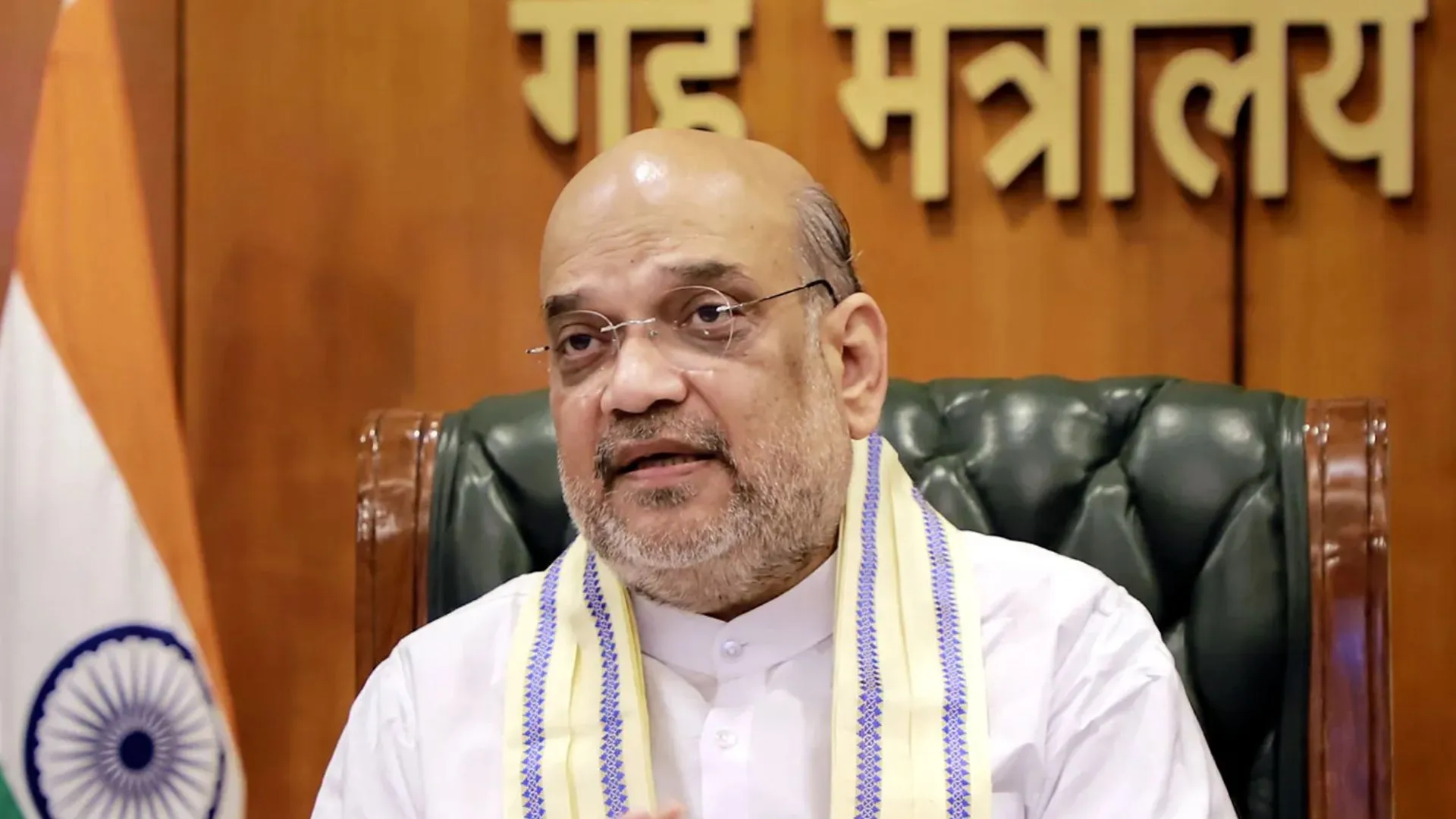A global summit on Muslim girls’ education, hosted by Pakistan, has been overshadowed by the absence of representatives from Afghanistan’s Taliban government. The summit, which aims to address the challenges faced by girls in accessing education, saw participation from leaders of Muslim-majority nations but was notably snubbed by Pakistan’s neighbor, Afghanistan.
Pakistan’s Education Minister Khalid Maqbool Siddiqui confirmed that an invitation was extended to the Taliban government in Afghanistan. However, no officials from the Afghan administration attended the conference.
“We had extended an invitation to Afghanistan, but no one from the Afghan government was at the conference,” Siddiqui told AFP, emphasizing the missed opportunity for dialogue on a critical issue.
Pakistan PM Highlights the Importance of Girls’ Education
In his opening remarks, Pakistan Prime Minister Shehbaz Sharif condemned the denial of education to girls, describing it as a fundamental violation of their rights.
“Denying education to girls is tantamount to denying their voice and their choice, while depriving them of their right to a bright future,” Sharif stated. He acknowledged that the Muslim world, including Pakistan, faces significant challenges in ensuring equal access to education for girls.
Afghanistan: The Only Country Where Girls Are Banned from School
Since the Taliban’s return to power in Afghanistan in 2021, the regime has systematically barred girls from receiving education beyond the sixth grade. Women have also been excluded from many professions and public spaces.
The Taliban’s restrictions extend beyond education, with mandates requiring women to wear full-body coverings, including face veils, and prohibitions on praying aloud in each other’s presence. These measures have drawn widespread international condemnation.
Malala Yousafzai’s Call to Action
Nobel Peace Prize laureate and education activist Malala Yousafzai traveled to Pakistan to participate in the summit. Her presence brought attention to the plight of Afghan girls and the broader issue of gender equality in education.
Malala, who survived an assassination attempt by the Pakistani Taliban in 2012 for advocating for girls’ education, shared her mission on social media platform X:
“I will speak about protecting rights for all girls to go to school, and why leaders must hold the Taliban accountable for their crimes against Afghan women & girls,” she posted on Friday.
She is scheduled to deliver an address at the summit on Sunday, underscoring the importance of collective action to ensure education for girls.
The summit comes at a time when global attention is focused on the Taliban’s policies, which have drawn criticism from governments, activists, and international organizations. Afghanistan remains the only country in the world where girls are outright banned from schools.



















